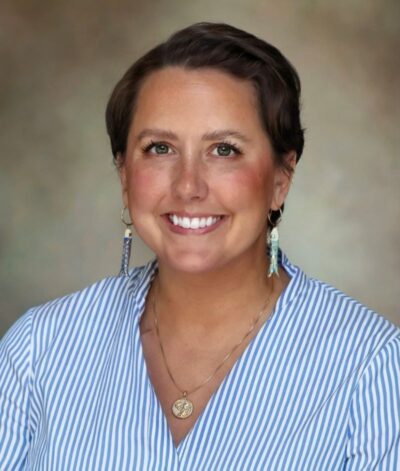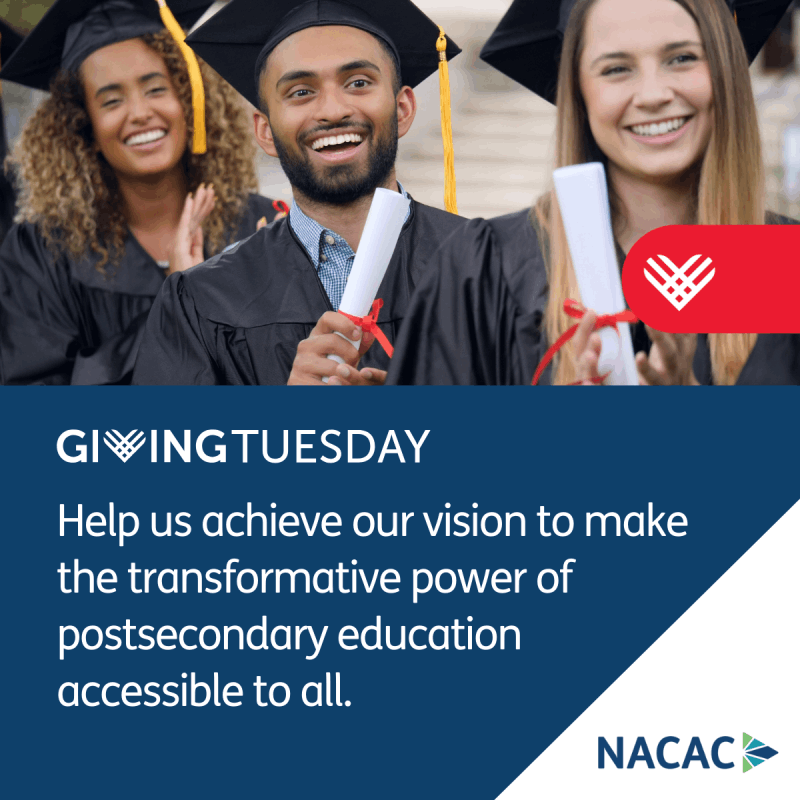 Carly Stafford Dixon
Carly Stafford Dixon
Assistant Director of College Counseling
University School of Nashville (TN)
What drew you to the world of college admission counseling?
At the end of my junior year at Colorado College, I was selected as an admission fellow and spent the summer and my senior year of college interviewing prospective students, giving the occasional information session, and working on various admissions events and data projects. I was pleasantly surprised by how I could tie in my neuroscience degree and my love for data into all that I was doing — meeting prospective students where they were developmentally; understanding adolescent neuropsychology and getting to see how that played out in the admissions/application process; watching admissions officers confront their own implicit biases and schemas in real-time when they were reading; and of course, getting to use and analyze data daily. I was hooked! It felt like kismet that a spot in the office opened up around the time I was graduating college, and I was fortunate to be hired.
After three years in admissions, I realized that what I loved most about my work — connecting with students one-on-one, advocating for students, and understanding student stories — was something that I could be doing nearly 100% of the time if I switched to the college counseling side. So, I got my graduate degree in counseling while simultaneously working as a seasonal reader for another university, and I am now in my fifth year of college counseling at the University School of Nashville (USN).
What is your favorite part of the job?
Witnessing student growth! For me, the marker of a successful college process has nothing to do with the name of the school where the student will enroll. Rather, it’s about the student becoming more self-aware, learning how to make difficult decisions, developing resilience, and taking ownership of their educational journey. If a student has learned something about themselves during the process, that is a huge win. I especially love when students start to notice and call out their own biases, recognize and shift their schemas, and understand that success looks different for everyone. This is such a big developmental moment for adolescents, and it’s a joy to support students through it.
How has NACAC played a role in your career?
When I started working in admissions, I joined RMACAC and NACAC and am so grateful for the network that I started to build and the mentors I met through these organizations. The conferences were such a boon to me in meeting others, being exposed to new issues in higher education, and energizing me. I’ve been quite grateful for professional development opportunities, particularly in presenting at conferences and attending GWI this past summer.
SACAC has also been super important to me — I’ve been a member for eight years now and always look forward to the annual conference (I’m biased, but I think SACAC does it best). I particularly enjoyed the SuperACAC in 2017 in San Antonio; I presented on how adolescent neurodevelopment affects decision-making in the college process, and this presentation led to extremely valuable connections that are still meaningful to me. That’s actually how I met one of my greatest mentors: Janet Schneider attended my session and I ended up working for her just three years later (when I started my role at USN)!
What do you think is the biggest challenge facing our profession today?
It is difficult to pick just one! Top of mind for me are the FAFSA debacle/financial aid as a whole; admissions in the post-SCOTUS decision era; and standardized testing. These challenges all directly relate to access. The delayed FAFSA made it so difficult for families with financial need to be able to make decisions within the deadlines, even at schools that pushed back their enrollment deadlines. We are sure to see the same this year with the FAFSA still delayed. Additionally, the rising cost of college is a huge challenge in our profession, although it has led to some great conversations with students and families about cost versus value. Finally, the state of standardized testing is a nightmare. Testing policies range from test-free to test-optional to test-expected to test-required, and this is so tough for students/families (and professionals!) to fully comprehend, especially if those students and families lack access to college counseling. With the new ACT, there are now 12 different ACT options available — how are students to know which is best for them? It’s a confusing world to navigate, and issues of equity are only being perpetuated.
When you aren’t working, what do you like to do?
I love to nap, cook with my husband, go on walks with our dog, play pickleball, read (I love mysteries in particular!), watch Survivor, play trivia, see live music, visit museums, and spend time with friends and family.
If you could be any fictional character, who would it be and why?
Potentially Ben Gates (of National Treasure). I love a little mystery, (harmless) conspiracy, travel, and adventure, and it would really be something to just innately possess the gall to think, “I’m going to steal the Declaration of Independence.” To be 100% honest, I spent way too much time thinking about this and my other answer was Air Bud. Yes, the dog. The life of a golden retriever would be idyllic on its own, but add on to that an innate talent in baseball, basketball, volleyball, and soccer? Air Bud has it made.
Published Oct. 14, 2024
